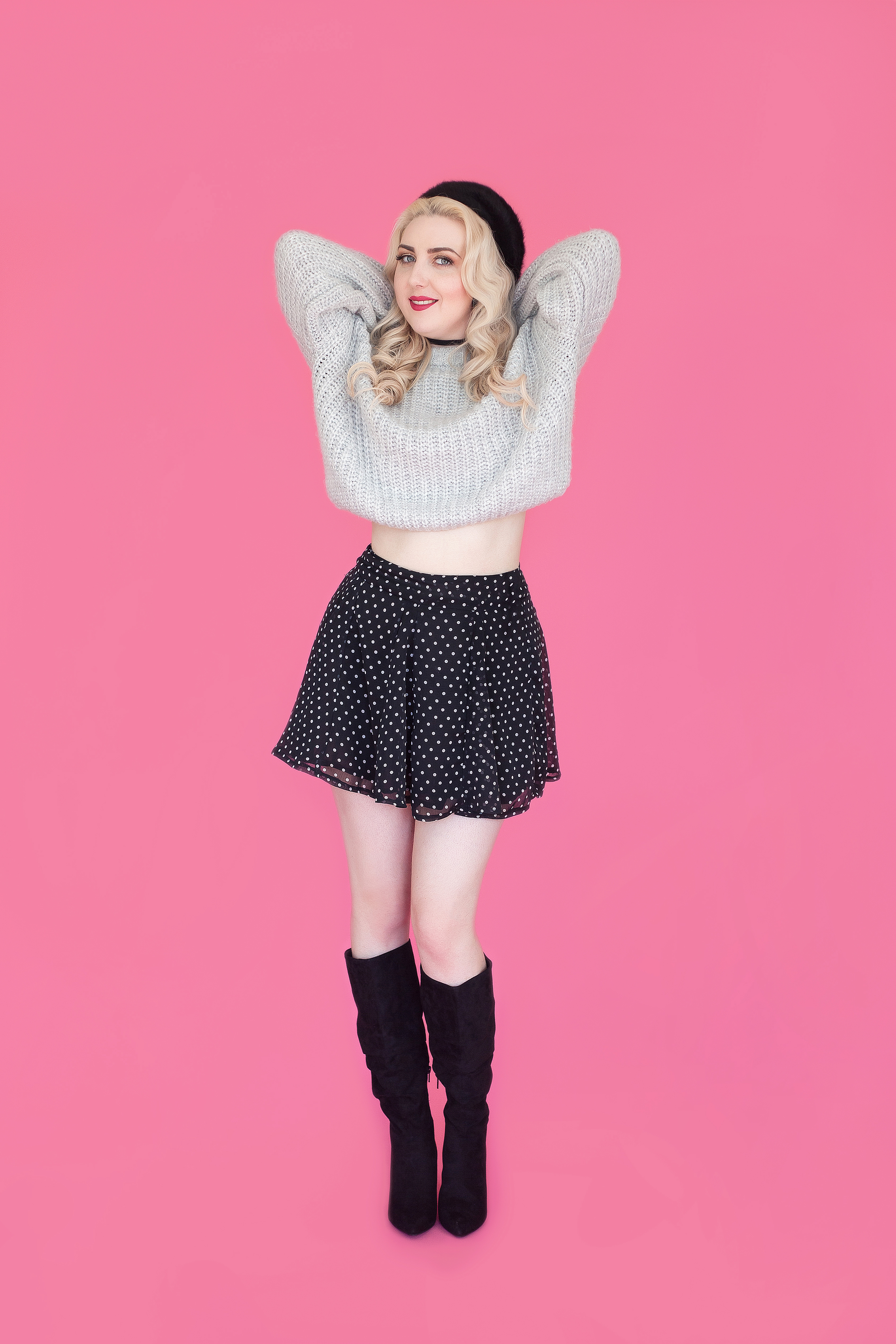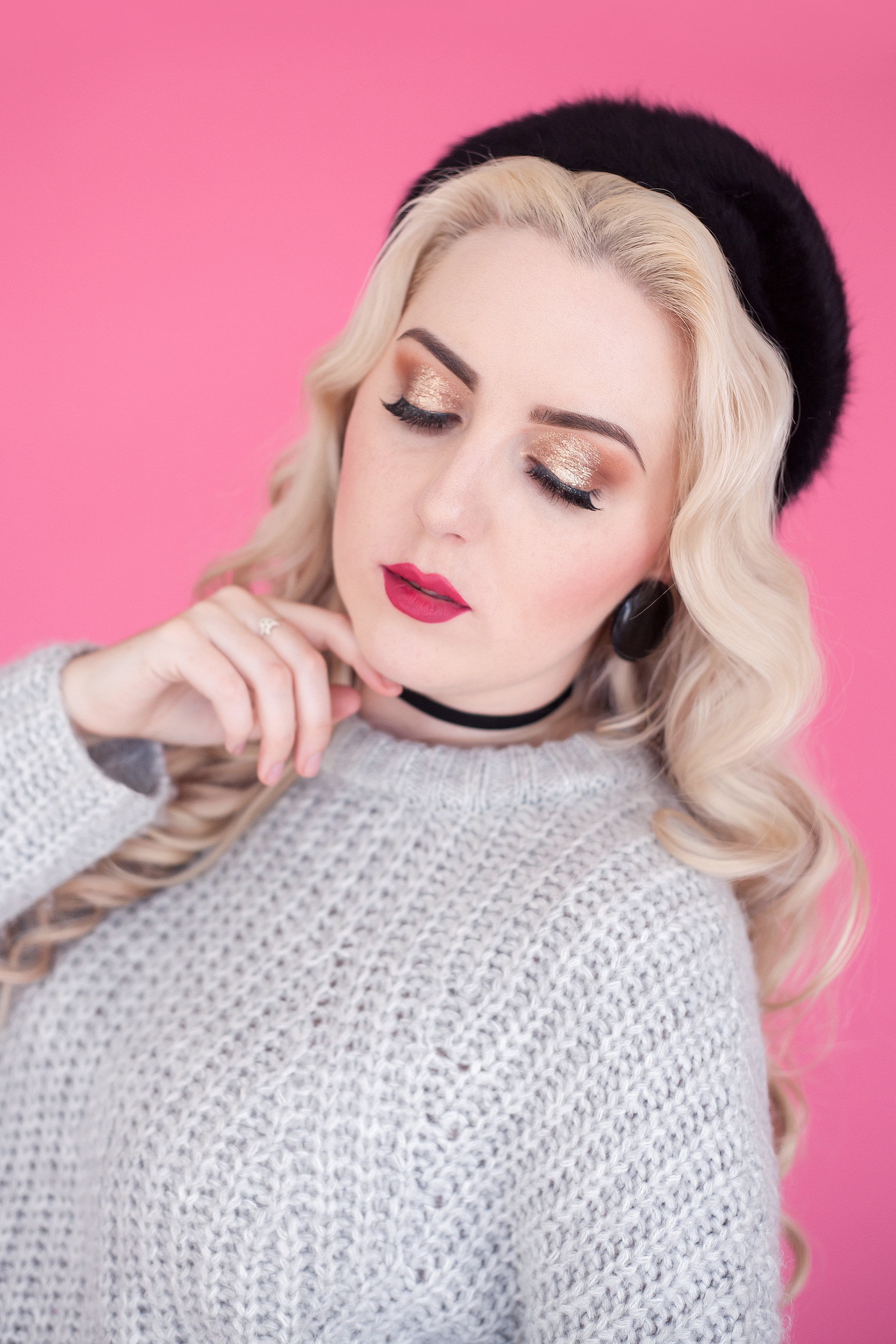Creative Integrity | The Value of Art

Where does our morality come from, and how do we create our ethical stance on life and art?
For hundreds of years, art historians and philosophers have discussed the idea that life and art often mirror each other. Guided by a term known as the “Zeitgeist”. [It's worth a Google]. This term is defined as: “The general intellectual, moral, and cultural climate of an era.” It’s something I’ve also become fascinated with since my business studies in university, as it begs the question - does art mirror life or does life mirror art? Are true artists insightful visionaries of the future or mere replicators of a present perspective?
“Does life mirror art, or does art mirror life?”
We all want to believe we are special, and for creatives this is how we define ourselves. So who says this piece isn't just my bias speaking? Why does creative integrity matter? At the core of what should guide our decisions as artists, and our ultimate purpose lies ownership. It is with this in mind, that I will frame some of my thoughts on what creative integrity is really all about.
I felt driven to create this piece in the beginning, because of a few experiences I had seeing the lack of honesty and transparency shared by other creatives. I was and often still am, shocked by the amount of confidence some individuals appear to have in their unethical decisions. I discussed this topic in an earlier Facebook Vlog about the blogging industry which you can watch here, but it still infuriates me to see those who played little or no part in the creation of a work, claiming the rights to ownership, whether given or stolen.
“It’s not just about copyright, it’s about the value of ownership.”
It’s not just about copyright, although that is part of it. It’s about the importance of acknowledgement, and importance of the creative process. So it got me thinking, how have we arrived at this point in history where ownership no longer seems to matter?
In times before the technology of the 21st century, artists had less options available for the construction of their work. With tools and resources largely tangible and difficult to reproduce, when a painter wanted their painting created a certain way they would need to do it themselves. There was also a large amount of pride in this process, and the personal touch of craftsmanship was revered and admired in all great artists. Now, much of creative media is digital or created with technology removing this tangible aspect, along with the perceived level of personal craftsmanship. Because of this, the value of digital work has changed.
“The sole ownership of the creation, is now less important than the piece itself.”
The sole ownership of the creation, is now less important than the piece itself. In plain terms, how something is made is now less important than what is made. We are now seeing the detrimental impact of this. Those who define themselves as creators, and how they create their works is less important than the consumption of them.
Apart from how this concerns me very much on a personal level, it's also important from a pragmatic sense. This has created, at least in my view an acceptable trend where a complete lack of authenticity has rendered a devalued and distorted perception of what it means to be an artist. The internet, and the buzz-word globalisation may be contributing factors but they are not to blame. What is considered ethically acceptable has changed. Bloggers can call themselves photographers, even if they are in fact models. Celebrities can claim professional skills, when in fact they are the result of invisible group effort. Individuals all around the world are claiming ownership of creations, ultimately put together by the skills of others either paid to contribute silently, or stolen without their knowledge. This is much more than copyright, it's an issue about the worth of creative knowledge creation and contribution. It comes right back to my musings on life and art.
It has become more valuable to claim creation of a piece than to genuinely create, and this has a short term payoff for long term detriment. Ultimately, if we create a world where ownership of original creation no longer matters, when unique no longer matters, and is no longer fought for, we will find ourselves with nothing new to enjoy. Creative integrity is not just about the unspoken rules of artists, the law, or human and moral ethics. Creative integrity is about preserving value of art through authenticity and acknowledgement. It’s about appreciating artists for their contribution, so we can all experience the joy it brings for ourselves and others.
On that note, I would like to inspire you to take this on board within your work, and acknowledge the rights and contribution of others not just because it's "the right thing to do" but because it's the smart thing to do. As long as there are those of us who still value the plight of the artist, then I believe the value of creative integrity will always be on trend.
Love my images? If you'd like to get in touch regarding photography, please contact me on my business website:
THE UNDEFINED PHOTOGRAPHY
Living the creative life in Christchurch, the south island of New Zealand with adopted family of pet pigeons, rescue hedgehog, and Mashmello the ringneck dove as featured on Ellomashmello.
Katherine is the New Zealand creator of ‘The Wardrobe’ and face of the blog & shop. Artist of wonder for ‘Katie Marvel’ the whimsical slow made fashion label, she is also the owner & photographer of portraiture, places and projects for ‘The Undefined Photography’ and maker of music for ‘Kaatje’.
The editor of The Beauty Blog New Zealand, she is the curator of multiple creative online communities including Slow Made Style, New Zealand Creators, and Pusheen The Cat Loves fan community with more to come...













